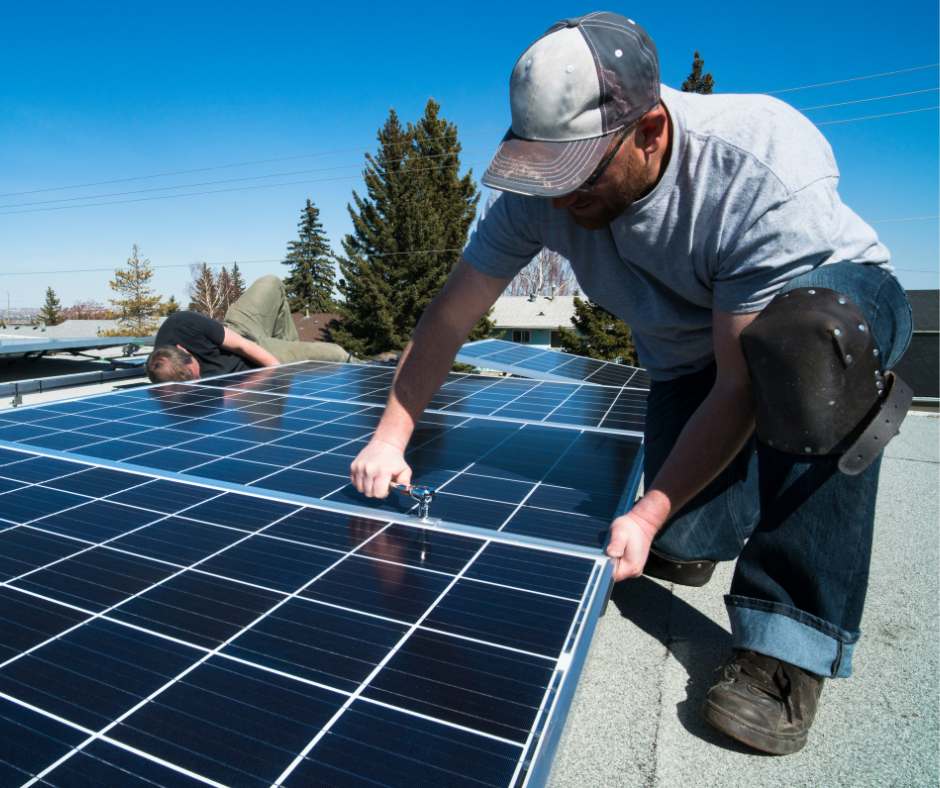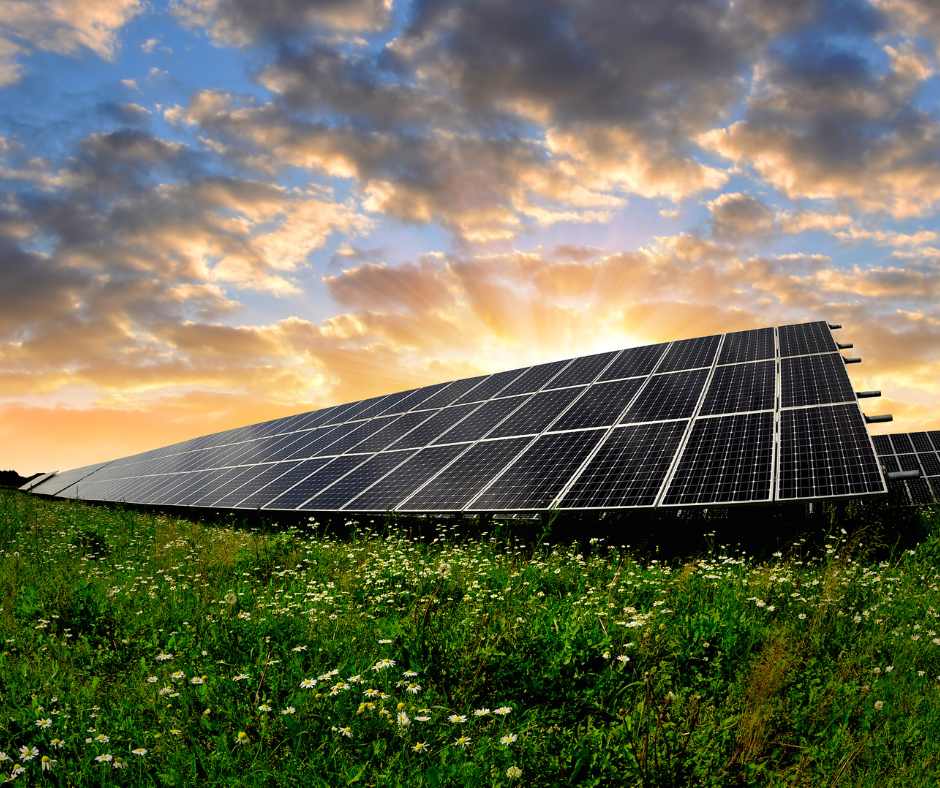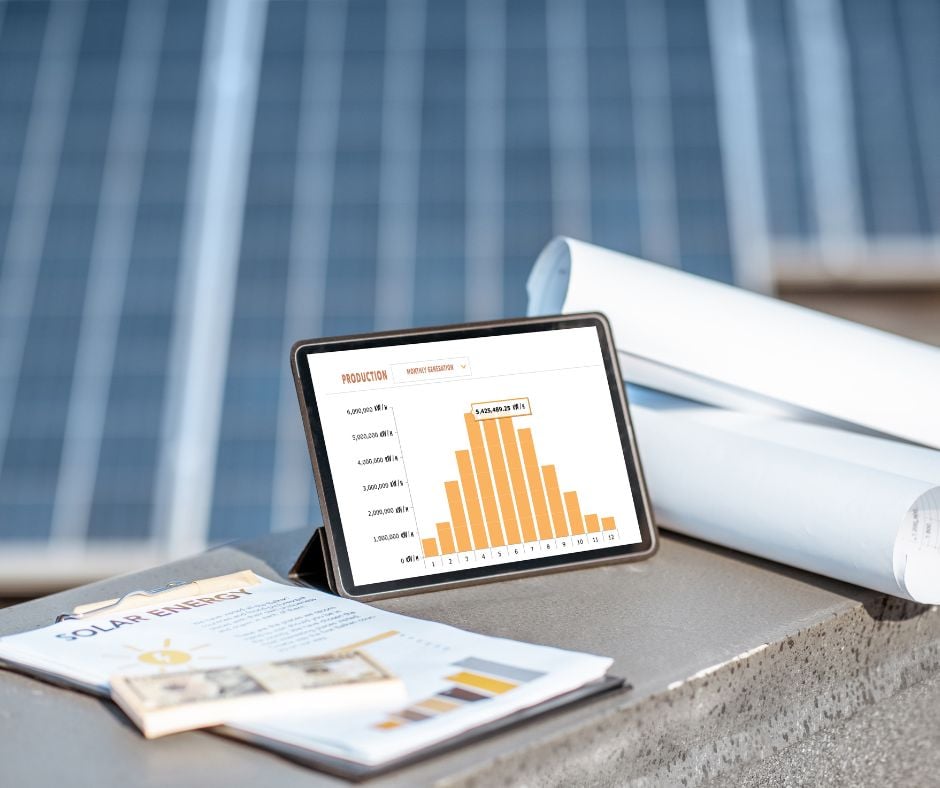
A product, person, and organization can create a carbon footprint. What is it exactly? A carbon footprint is the amount of greenhouse gas emissions, especially carbon dioxide CO2, released into the atmosphere by certain activities. For example, individuals driving to work in gasoline powered vehicles release carbon laden exhaust. They may also work in buildings with electricity generated by coal or natural gas (fossil fuels) and eat food that was shipped in large vessels burning diesel fuel.The average carbon footprint for a U.S. citizen is 16 tons, about 4 times as much as the average person globally. Carbon in the atmosphere has been identified as one of the major causes of climate change. This is why sustainability and green initiatives have increased in recent years to combat the increase in carbon emissions and fight climate change.
While it may seem like you’re too small to make a difference, we can all do our part to lower our carbon footprint.
How to Help
Travel Smartly
An obvious way to cut greenhouse gas emissions is to change the way you travel, whether for work or pleasure. Carpool when you can, drive energy efficient vehicles, take public transit like busses or trains, opt out of connecting flights and bike to work.
Electricity Use
At home and work, turn lights off in rooms you’re not occupying, air dry laundry, choose renewable energy, use a smart thermostat to better control heating and cooling, replace lights with LED’s that use approximately 85% less energy and more.
Five R’s
-
- Refuse: Don’t buy or use single use plastics, such as plastic bags, water bottles, coffee cups, utensils, straws, etc. Refusing free flyers, brochures and other promotional items can cut waste also.
- Reduce: Americans waste 40% of their food annually which is a large contributor to their carbon footprint. Avoid buying in bulk, inventory your food regularly, meal plan, eat leftovers and freeze food. Additionally, you should only purchase items you need and invest in high quality products that last longer.
- Reuse: When it comes to old items that may be worn, see if you can repair or repurpose it before buying new. Some additional tips include reusing rags and towels instead of paper towel, donating or selling old clothing and items, shopping at thrift stores, purchasing reusable shopping bags and using a library card to check out books.
- Rot: Composting is a great way to dispose of food properly and reduce methane emissions from landfills. Fruit, egg shells and coffee grounds are common food scraps used to compost into rich garden soil.
- Recycle: Instead of throwing various plastics away, such as plastic bags and bottles, recycle them. Glass, paper, cardboard and milk cartons can be recycled also.Click here to view a detailed list of items that can be recycled.
Food Consumption
Eating locally reduces fossil fuel emissions from vehicles that transport food to large grocery stores. Consuming less meat and introducing more fruits, vegetables, grains and beans into your diet is important as well. In fact, 14.5% of global greenhouse emissions are from livestock production and processing. Eating just one vegetarian meal a week, like Meatless Mondays, can help.
Water Usage
Taking shorter showers, turning off the faucet when not in use, repairing appliances with leaks, buying reusable water bottles and installing a low-flow showerhead to reduce hot water use are all ways to decrease your carbon footprint.
Even small changes from your day-to-day activities can decrease greenhouse emissions. For more tips and ways you can make a difference, visit CarbonFootprint.com.
Are you considering going solar to reduce your carbon footprint? See if solar is right for you.
If you or another business is interested in having an undeniable impact on your triple bottom line give us a call for a free consultation to see if solar is right for you! Call (248) 923-3456 or request a Free Online Solar Analysis for Your Business.
Michigan Solar Solutions is a commercial and residential solar installer and electrical contractor that has served the lower peninsula of Michigan since 2007. We have installed thousands of panels and have a happy customer near you, check out what our customers think of us Guild Quality.
Photo by Pixabay from Pexels
Have a comment? Let us hear from you!







Have a comment? Let us hear from you!